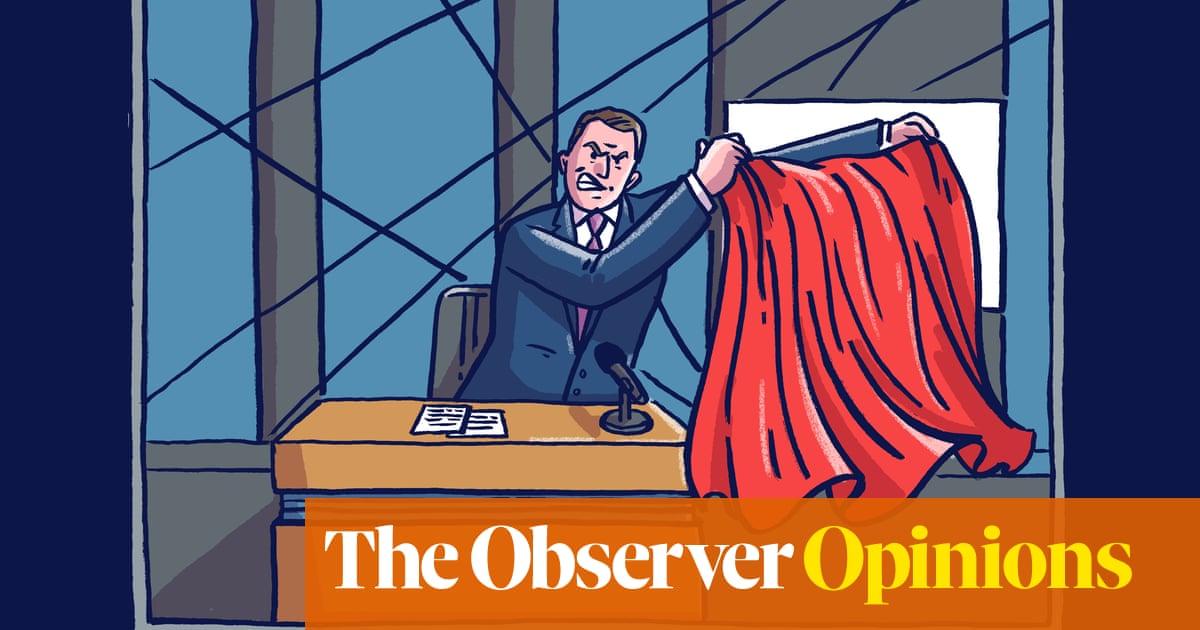
South African President Cyril Ramaphosa was accused of being implicated in financial corruption after an estimated 4 to 5 million dollars were stolen from his farm.
Ramaphosa played an honorable role, alongside the iconic Nelson Mandela, in the struggle against apartheid in South Africa. He was a mining trade union leader, the biggest union in the country. From his leadership position, he resisted apartheid and was elected general secretary of the African National Congress under Mandela’s leadership, and he is considered the chief negotiator of the talks that ended the ancient regime.
Before Ramaphosa, Jacob Zuma, who had been part of the same circle of militants, assumed the role of president of the republic in South Africa. He had been a political prisoner in the notorious Robben Island for ten years before the apartheid regime forced him into exile. However, Zuma’s presidency ended miserably: he was forced out and imprisoned because of his implication in financial corruption and arms deals.
The fact is that the parliamentary system in South Africa hinders single-party rule, but it does not hinder contamination with corruption, as seen with the two (out of a total of four post-apartheid heads of state) militant presidents.
In any event, this shift from involvement in national action aimed at obtaining independence and change to being implicated in corruption and despotism, which usually come together, remains worth contemplating. Indeed, it is particularly interesting because of how broadly we see tyranny facilitating and developing corruption- often to a greater extent than in South Africa, where accountability remains.
Below is a summary of a few of them:
In Ghana, Kwame Nkrumah led his country to independence from Britain in 1957. However, he established a one-party regime, clamped down on every form of political opposition, and appointed himself president for life, ruling until he was overthrown through a military coup in 1966.
In Guinea, the leadership of the independence movement that expelled the French was associated with Ahmed Sekotouri. But Sekotouri remained in power from 1958 until his death in 1984. His became the country’s one and only party. Opposing it was forbidden. As for the viciousness with which he dealt with opponents and critics, it broke an array of records.
Mali’s Modibo Keita did the same: independence was followed by a bellicose one-party dictatorship that was overthrown by a military coup in 1968. The national hero died in prison.
Houari Boumediene led the military wing of the National Liberation Front. He overthrew Ahmed Ben Bella in 1965, three years after independence, subsequently ruling his country as the head of its one and only party until his death in 1978.
Ahmad Sukarno led the Indonesian independence movement from the Netherlands. He then became president in 1945 and would not leave office until 1968, when his defense minister Suharto turned on him. Gamal Abdel Nasser established a republic and succeeded in expelling e British. He then continued to rule without opposition until his death in 1970.
These examples do not include any of the communist parties and powers that led independence movements or other processes of change (China, Cuba, Vietnam…) but then established political systems whose corruption and despotism remain deeply entrenched to this day.
The theory that these figures and parties adopt is simple: we fought, sacrificed martyrs and so on… We thus possessed nations and homelands that we have the exclusive right to rule and loot as we like. Hafez al-Assad manifested the caricature of this phenomenon in its most extreme form: without being the one who led his country into independence or having won a war, he ruled his country for thirty years and then passed it on to his son in 2000.
The flaw in this theory is that it injects an idea- that of armed combat, martyrdom, and their derivatives- that is not political into politics. Rather, it imposes the control of this fundamentally anti-political idea on politics and its criteria. This is in total contradiction to how democratic societies deal with the tools of force, that is, armies. Once the latter accomplish their mission, they return to their barracks, allowing political life to continue along its way.
We thus saw other cases in which leaders insisted on separating their sacrifices from political gains, that is, leaders that did not invest in militancy to gain through politics- power, money, or both.
Nelson Mandela falls into this category: he led his country to its post-apartheid system, remaining president for only five years (1994-1999). Lech Walesa is another example: he led the process through which the communist regime in Poland was overthrown, and he didn’t rule for more than five years either (1990-1995).
The difference, here, is between two approaches: one sees armed combat as a necessity that eventually ends so politics can begin, and the other sees combat and politics as one and the same and believes that they will remain the same in perpetuity.
The first approach implies the assumption that those who fight and “sacrifice martyrs” are not necessarily fit to rule. The second implies a message to the effect that they only fought and “sacrificed martyrs” in order to rule.










